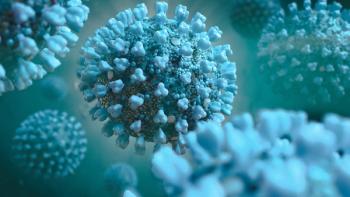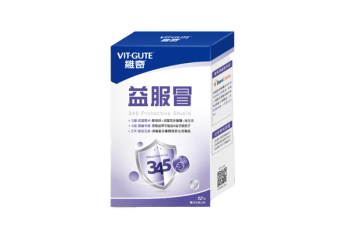
Polysaccharide Fiber from Rice Bran Shows Natural Killer Cell, Cytokine Activity
The 60-day, 20-subject University of Miami study was done on Daiwa Health Development’s rice bran arabinoxylan compound (RBAC).
A polysaccharide dietary fiber derived from rice bran and modified by a Shiitake mushroom enzyme demonstrated immunomodulary activity in a study sponsored by dietary supplements marketer
The 60-day, 20-subject University of Miami randomized study was done on Daiwa’s rice bran arabinoxylan compound (RBAC), which the company sells commercially as an immune-supporting dietary supplement called PeakImmune4. The company reports that the study specifically showed that the short-term rise in natural killer cell cytotoxicity, and in 9 of 12 cytokines and growth factors, are evidence that RBAC is a “potent” immunomodulator.
Notably, the study was done in healthy adult subjects. Study authors stated that the study “represents a first step in testing this product in healthy adults.”
“RBAC may help to destroy tumor cells and viruses directly, and increase the activity of immune cells, thereby optimizing the immune system, especially natural killer cell cytotoxicity, which can increase the chance and speed of host recovery,” said Daiwa, in a press release. “Researchers note that the immunomodulatory activity merits further study in conditions where the immune system is functionally compromised, such as otherwise healthy smokers and HIV/AIDS or cancer patients.”
Daiwa says it uses a patented biotechnology process, enzymatic hydrolysis of hemicellulose B, to modify the rice bran fiber with the mushroom enzyme.
Newsletter
From ingredient science to consumer trends, get the intel you need to stay competitive in the nutrition space—subscribe now to Nutritional Outlook.




